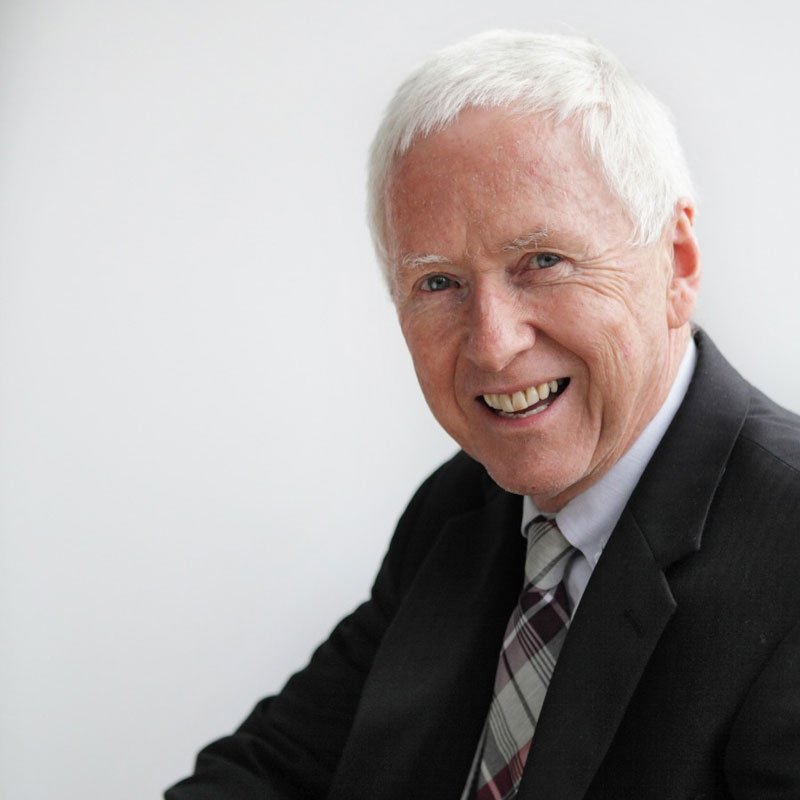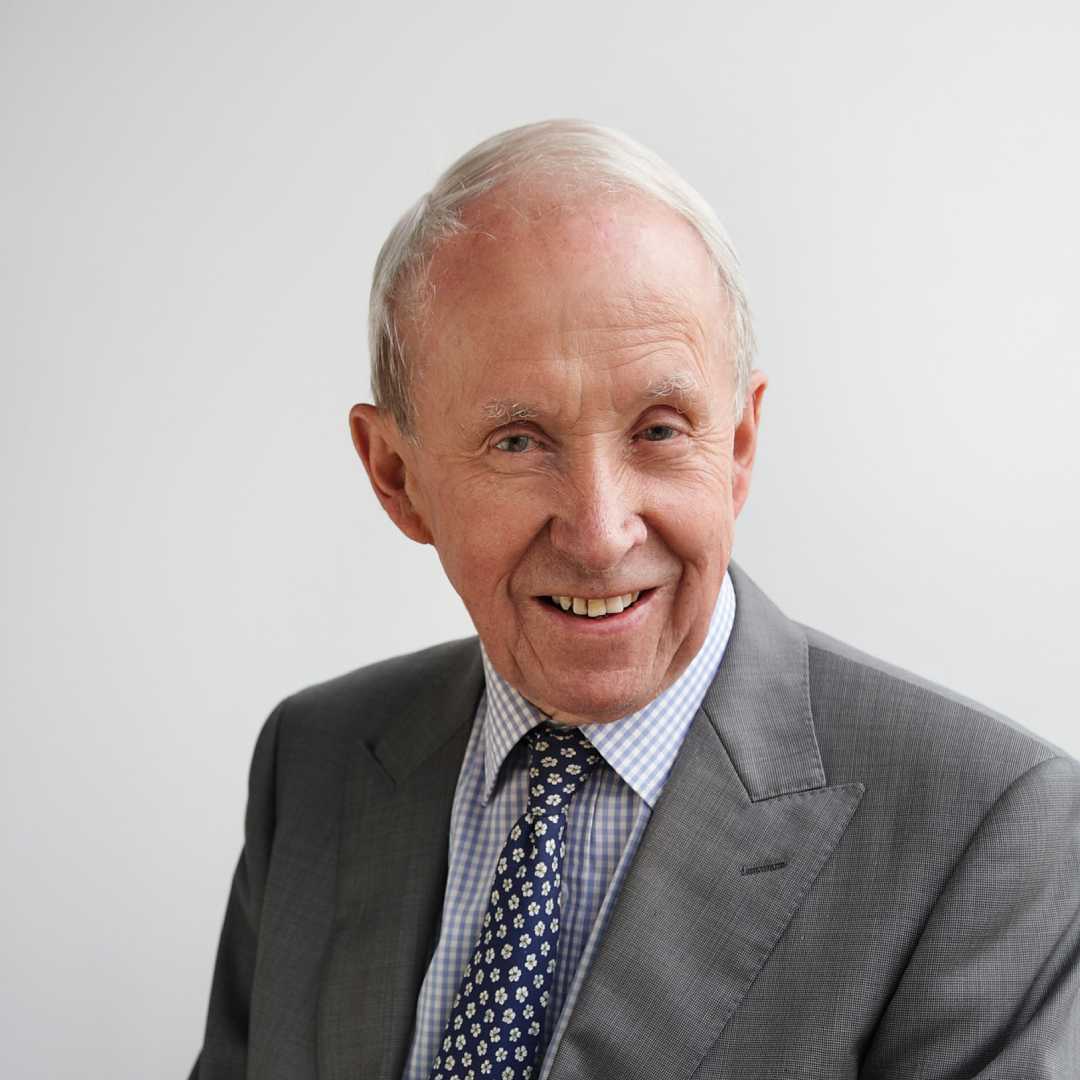The death of a family member or loved one is difficult enough to bear without the extra burden of uncertainty around the deceased’s Will or how an estate is to be distributed.
Think you may have wrongfully been left out of a will?
Nevett Ford is here to help when matters surrounding Wills and estates go wrong.
There are various ways in which they can go wrong. For example:
- Is the Will valid in the first place?
- What if someone has not been included in the Will?
- What if the people given the task to distribute an estate are not acting properly or in accordance with the law?
- What happens if there is no Will?
- Who is responsible for legal costs?
A Will is a statement by a person as to how they want to leave their property after death.
The validity of a Will can be challenged on a number of grounds including:
- lack of testamentary capacity,
- undue influence, or
- fraud.
Lack of testamentary capacity means that at the time the person made and signed his Will he did not have “sound mind, memory and understanding”.
Undue influence means that the Will is the product of the influence of a third party, which the law sees as affecting voluntary and free expression of how a person wants to leave their property under their Will.
Fraud means that the Will was produced and/or executed without the person’s knowledge or consent and does not have their signature on it or that their signature was procured in circumstances where they could not have known the contents of Will.
In each of these examples, it is for the person who seeks to challenge the validity of the Will to prove the matters that would render the Will invalid and therefore ineffective.
If a will is found to be invalid, an earlier valid Will (if there is one) maybe given effect or the property of the deceased will be distributed according to a formula set out in the Administration and Probate Act.
If any of these situations arise, it is important for people to act quickly to obtain advice and prevent a Will being implemented.
How Nevett Ford Can Help You
Did you know you only have six months after the grant of probate to contest a will or ask for provision out of a deceased estate?
This is where an estate lawyer can assist you. If you believe that you may be entitled to make a claim, you need to act quickly – applications must be made within six months of probate or letters of administration being granted. It is best to seek expert legal advice as soon as possible, to know your rights and avoid missing the time limit.
You will need to establish that the deceased person had a moral obligation to provide for you and that you are able to demonstrate financial need. Categories of people who can apply for further or proper provision out of the estate include; people at the time of the deceased’s death who were a spouse or domestic partner of the deceased, children of the deceased including adopted or step children, grandchildren of the deceased, members of the deceased’s household, a registered caregiver of the deceased, people who believed the deceased was their parent and were treated as a child of the deceased by the deceased.
The team at Nevett Ford acts on behalf of both claimants who have not been adequately provided for as well as estate executors and administrators in defending provision claims. If you would like us to contact you to discuss your possible entitlement, please complete the below information and one of our team members will contact you.
Who You’ll Work With
Our Knowledge and Experience
At Nevett Ford we have over 150 years’ experience in making wills and dealing with disputes relating to them. With our knowledge and experience we are able to pinpoint issues and provide advice in clear and easy to understand language.
Contact us now for a half hour consultation in which we will provide advice and a strategy for action.
Topics We’ve Written About
Life interests v a rights of residence – understanding the difference
Property rights in Australia can be a difficult landscape to navigate and when it comes to estate planning, the terms “life interest” and “right of residency” often surface. While these terms might sound similar concepts, they actually represent different legal...
Probate and Letters of Administration: What’s the difference?
We know that dealing with the task of finalising someone’s affairs can be confronting and challenging and for a lot of people, this is unfamiliar territory and can be a challenging process, compounded by legal terminology that may be unfamiliar. In Victoria, two key...
Understanding the Gift Over Provision in a Will
When creating a Will, one important consideration is ensuring that your assets are distributed according to your wishes, especially if unexpected circumstances arise. When making your Will, you will nominate beneficiaries to inherit your assets upon your death. ...
Understanding the Essentials: What is a Power of Attorney?
A Power of Attorney is a legal document that authorises a person (the attorney) to act on your behalf. Depending on the type of power given, the attorney may be able to make financial, legal, personal and medical decisions for you when you are incapable of doing so....
Understanding the Essentials: What is an executor?
In the administration of a deceased estate, the term ‘executor’ hold significant importance. An executor is a crucial role and is the person authorised and appointed in a Will to administer an estate in accordance with the terms contained in the Will. Often they will...
Understanding the Essentials: What makes a valid Will?
In Victoria the elements of a valid Will are set out in the Wills Act 1997. To ensure that your wishes are honoured after your death, it is crucial that your Will be valid because if it isn’t, your loved ones may incur additionally stress and costs in administering...












